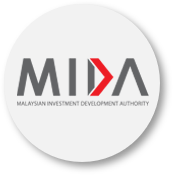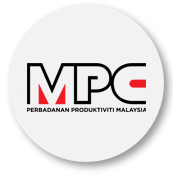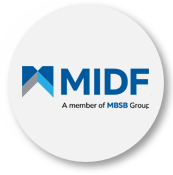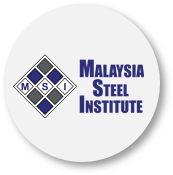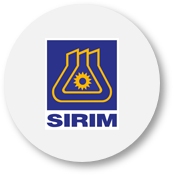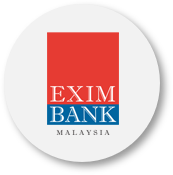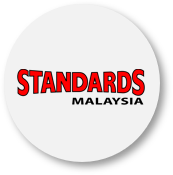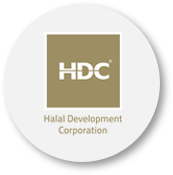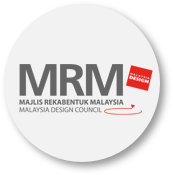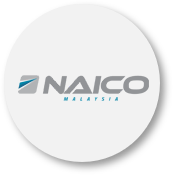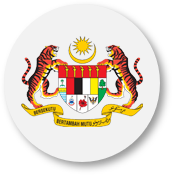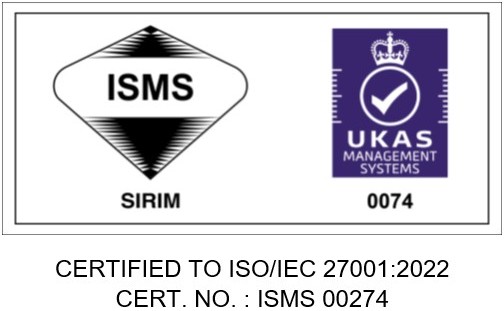TRADE PREFERENTIAL SYSTEM-ORGANISATION OF ISLAMIC CONFERENCE (TPS-OIC)
Background
- The Framework Agreement on Trade Preferential System among the Member States of the Organisation of the Islamic Conference (TPS-OIC) sets out the general principles towards establishing a trade preferential system among the OIC countries.
- Among the main features of the Agreement are the Most Favoured Nation principle, equal treatment of member states and special treatment for Least Developed member states. The preferences include tariffs, para-tariffs and non-tariff concessions.
Objective
- To promote intra-OIC trade through exchange of trade preferences among Member States of OIC .
Scope - The TPS-OIC aims to accord preferential tariff concession on selected goods among the participating OIC countries.
Modalities
- PRETAS deals with reducing tariffs under the Scheme as well as para-tariff and non-tariff barriers.
-
PRETAS covers 7 per cent of the total tariff lines with tariffs above 10 per cent, and:
-
under the tariff reduction modality (normal track - NT), products with tariffs:
- above 25 per cent to be reduced to 25 per cent;
- between 15-25 per cent to be reduced to 15 per cent; and
- between 10-15 per cent to be reduced to 10 per cent.
-
tariff reduction under the NT involves reduction of tariffs that will be implemented in:
- four annual instalments for developing countries; and
- six annual instalments for LDCs.
-
under the tariff reduction modality (normal track - NT), products with tariffs:
-
The Protocol also provides for voluntary acceleration of tariff reduction/elimination commitments under the Voluntary Fast Track Tariff Reduction Schedule:
-
covers all products except :
- products in the negative list; and
- products with tariffs up to 10 per cent for countries with average tariffs above 15 per cent.
- offers Margin of Preference (MoP) of 50 per cent in 5 instalments for developing countries and 7 instalments for LDCs;
- developing countries to apply MoP for LDCs in 3 installments;
-
the negative list :
- 25 per cent of total HS lines if average tariff is 20 per cent and above;
- 20 per cent if average tariff is between 15 and 20 per cent;
- 15 per cent if average is below 15 per cent; and
- 30 per cent for LDCs.
- Participating States enter into negotiations to widen product coverage and deepen concessions at the end of the 5 th year after the Protocol on the Preferential Tariff Scheme takes effect or earlier.
-
covers all products except :
-
The PRETAS also ensures:
- longer transition period of three years for LDCs to eliminate their para-tariffs and non-tariff barriers;
- safeguard measures such as anti-dumping, subsidies, countervailing measures are consistent with relevant WTO rules;
- a harmonised set of rules of origin as agreed under the Framework Agreement are used to grant concessions, until the new set of rules of origin are adopted by the TNC.
- longer transition period of three years for LDCs to eliminate their para-tariffs and non-tariff barriers;
Status
- The TPS-OIC will be operationalised after the Protocol on the Preferential Tariff Scheme (PRETAS) and the TPS-OIC Rules of Origin (TPS-OIC RoO) are ratified by at least 10 OIC Member States.
- The Framework Agreement of the TPS-OIC and PRETAS came into force in September 2002 and 5 February 2010 respectively. To date, a total of 25 OIC Member States have ratified the Framework Agreement of the TPS-OIC and PRETAS has been ratified by 12 OIC Member States.
- Saudi Arabia, Somalia and Syria have recently ratified the TPS-OIC RoO making the total number of ratifications to nine (9) Member States. The other Member States that have ratified TPS-OIC RoO are Malaysia, Jordan, Oman, Qatar, Turkey and the UAE.
Benefits
- The implementation of TPS-OIC would enable Malaysian exporters to gain preferential tariff treatment for selected products in the markets of the participating countries and enable exporters to gain competitive advantage over similar products originating from non-participating countries.
Website
Last Updated 2015-05-14 12:01:18 by admin2







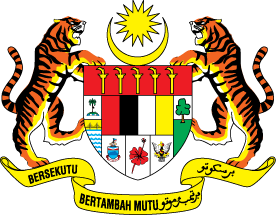





 Home
Home








